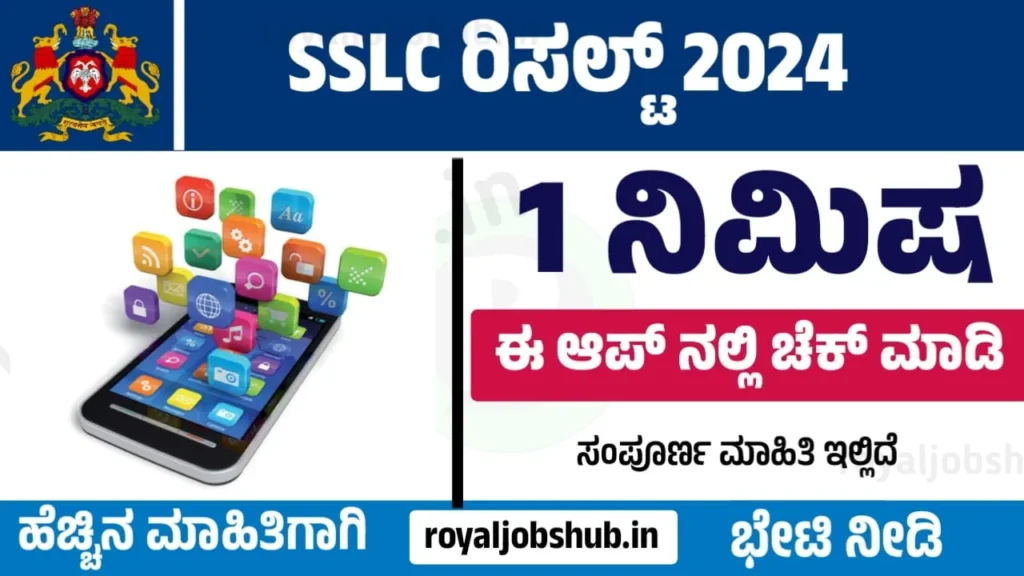In a country Loans as diverse and dynamic as India, access to financial resources is crucial for individuals and businesses to thrive. Recognizing this need, several banks across the nation have initiated schemes to offer free loans, ensuring financial inclusivity and empowerment for all sections of society.
Here’s a comprehensive guide to understanding free loan offerings by banks in India:
1. What are Free Loans?
Free loans, also known as interest-free loans, are financial products provided by banks without charging any interest on the principal amount. These loans aim to support individuals and businesses in achieving their financial goals without the burden of additional interest expenses.
2. Types of Free Loans Offered by Banks:
a. Education Loans: Many banks offer interest-free loans to students pursuing higher education in India or abroad. These loans cover tuition fees, living expenses, and other educational costs, enabling students to focus on their studies without worrying about interest payments.
b. Microfinance Loans: Microfinance institutions partnered with banks provide interest-free loans to low-income individuals and small businesses to promote entrepreneurship and financial inclusion at the grassroots level.
c. Government-Sponsored Schemes: Several government-backed schemes, such as the Pradhan Mantri Mudra Yojana (PMMY) and Stand-Up India, facilitate interest-free loans through participating banks to encourage entrepreneurship among women, SC/ST communities, and other marginalized groups.
d. Agricultural Loans: Banks offer interest-free loans to farmers for agricultural purposes, including crop cultivation, purchase of equipment, and farm development activities, under various agricultural credit schemes initiated by the government.
e. Startup Loans: In support of the burgeoning startup ecosystem in India, many banks extend interest-free loans to startups and entrepreneurs for business expansion, innovation, and technology adoption..
Best Credit Card for You | 0 Fees | Apply Now
3. Eligibility Criteria:
Eligibility criteria for free loans vary depending on the type of loan and the lending institution. However, common factors considered by banks include creditworthiness, income stability, collateral availability (if required), and adherence to specific scheme guidelines.

4. Application Process:
Applying for a free loan typically involves the following steps:
- Research and identify banks offering interest-free loan schemes relevant to your requirements.
- Check eligibility criteria and ensure compliance with the necessary documentation.
- Submit the loan application along with the required documents to the respective bank branch or online portal.
- Await loan approval and disbursement, which may vary in duration depending on the bank’s internal processes and verification procedures.
5. Repayment Terms:
While the principal amount of free loans does not attract any interest, borrowers are generally required to repay the loan amount within a specified tenure, as outlined in the loan agreement. Timely repayment is essential to maintain a positive credit history and eligibility for future financial transactions.
6. Benefits of Free Loans:
- Financial Inclusivity: Free loans promote financial inclusion by providing access to credit for individuals and businesses, including those belonging to marginalized communities.
- Cost Savings: By eliminating interest payments, borrowers can save significantly on the overall cost of borrowing, making funds more affordable and accessible.
- Empowerment: Interest-free loans empower individuals to pursue education, entrepreneurship, agriculture, and other endeavors without the burden of debt accumulation.
- Economic Growth: Facilitating access to interest-free credit stimulates economic growth by fostering investment, employment generation, and income enhancement across various sectors.

In summary, free loans represent a transformative tool for unlocking financial accessibility and
8. Examples of Banks Offering Free Loans in India:
a. State Bank of India (SBI): SBI offers interest-free education loans for higher studies in India and abroad through its SBI Global Ed-Vantage scheme. Additionally, SBI extends interest-free loans to farmers under various agricultural credit schemes such as Kisan Credit Card (KCC) and SBI Krishak Uthan Yojana.
b. ICICI Bank: ICICI Bank provides interest-free loans to women entrepreneurs under the ‘ICICI Bank Sakhi Shakti’ scheme, aimed at promoting women’s empowerment and financial independence. The bank also offers interest-free education loans for pursuing professional courses in India and abroad.
c. Bank of Baroda (BOB): BOB offers interest-free loans to startups and entrepreneurs under the ‘Baroda Startup Loan’ scheme, supporting innovation and business growth in the startup ecosystem. Additionally, BOB provides interest-free agricultural loans to farmers for crop cultivation and allied activities.
d. HDFC Bank: HDFC Bank extends interest-free education loans for higher studies under the ‘HDFC Credila Education Loan’ scheme, covering tuition fees, accommodation expenses, and other educational costs. The bank also offers interest-free loans to microfinance institutions for onward lending to low-income individuals and small businesses.
9. Government Initiatives Supporting Free Loans:
a. Pradhan Mantri Mudra Yojana (PMMY): Launched by the Government of India, PMMY aims to provide interest-free loans up to Rs. 10 lakh to micro and small enterprises (MSEs) through participating banks, microfinance institutions, and non-banking financial companies (NBFCs).
b. Stand-Up India: This government scheme offers interest-free loans between Rs. 10 lakh and Rs. 1 crore to Scheduled Caste (SC), Scheduled Tribe (ST), and women entrepreneurs for setting up greenfield enterprises in manufacturing, services, or trading sectors.
c. Interest Subvention Scheme for Farmers: The Government of India provides interest subvention of 2% per annum to farmers for short-term crop loans up to Rs. 3 lakh, effectively making these loans interest-free for prompt repayment.
